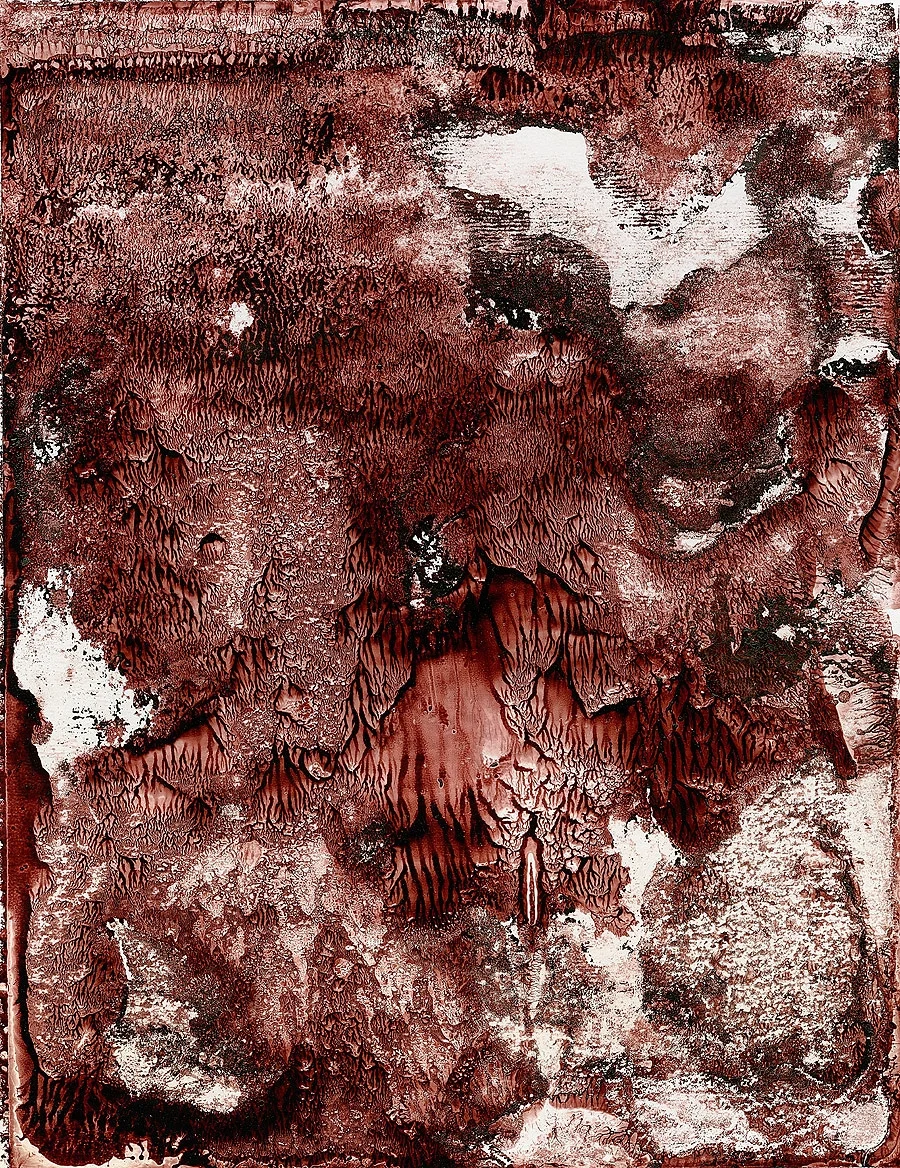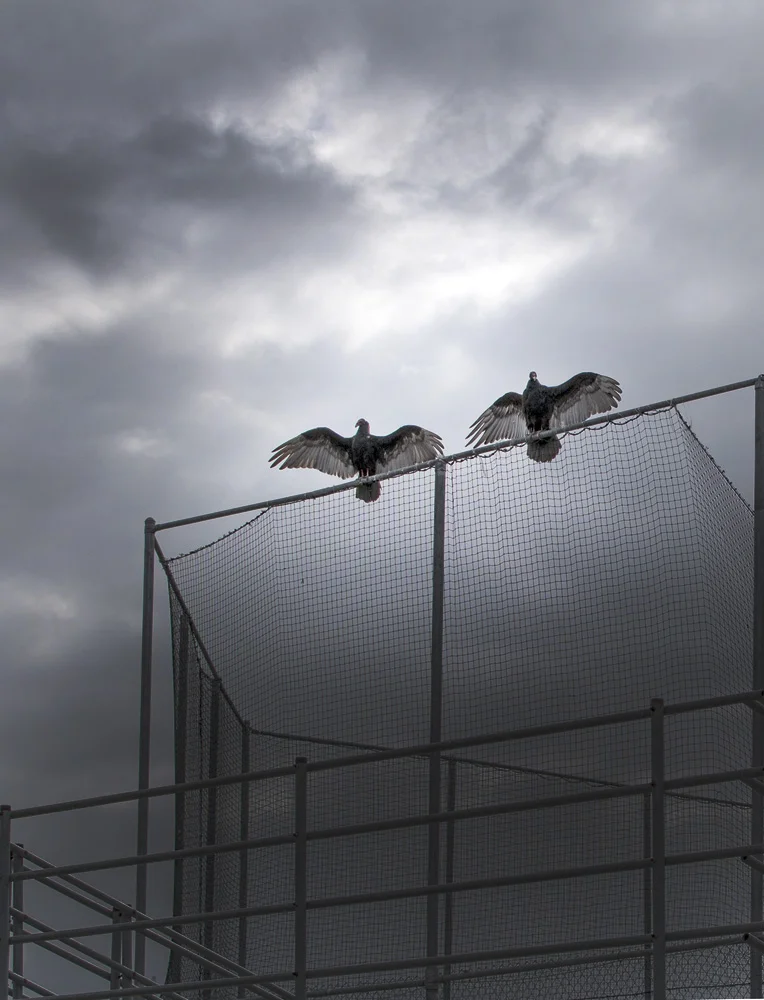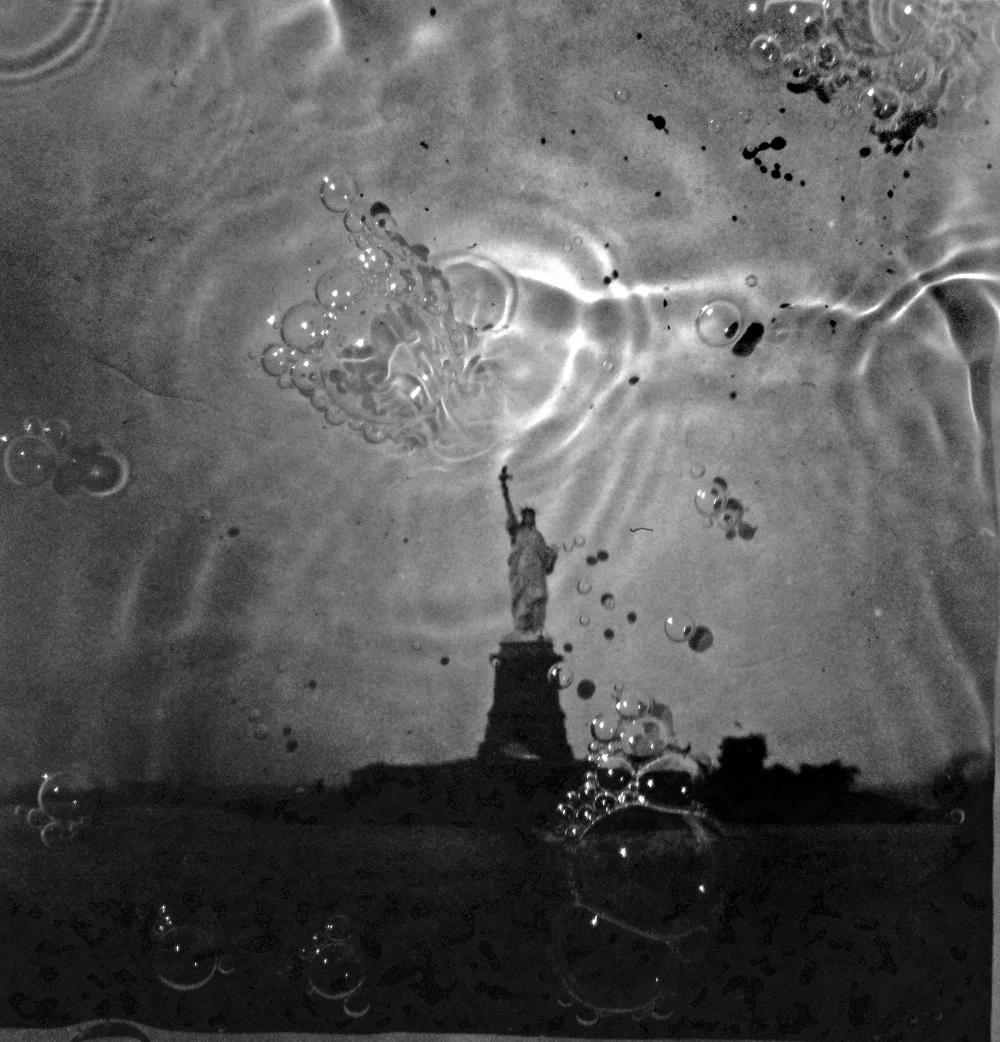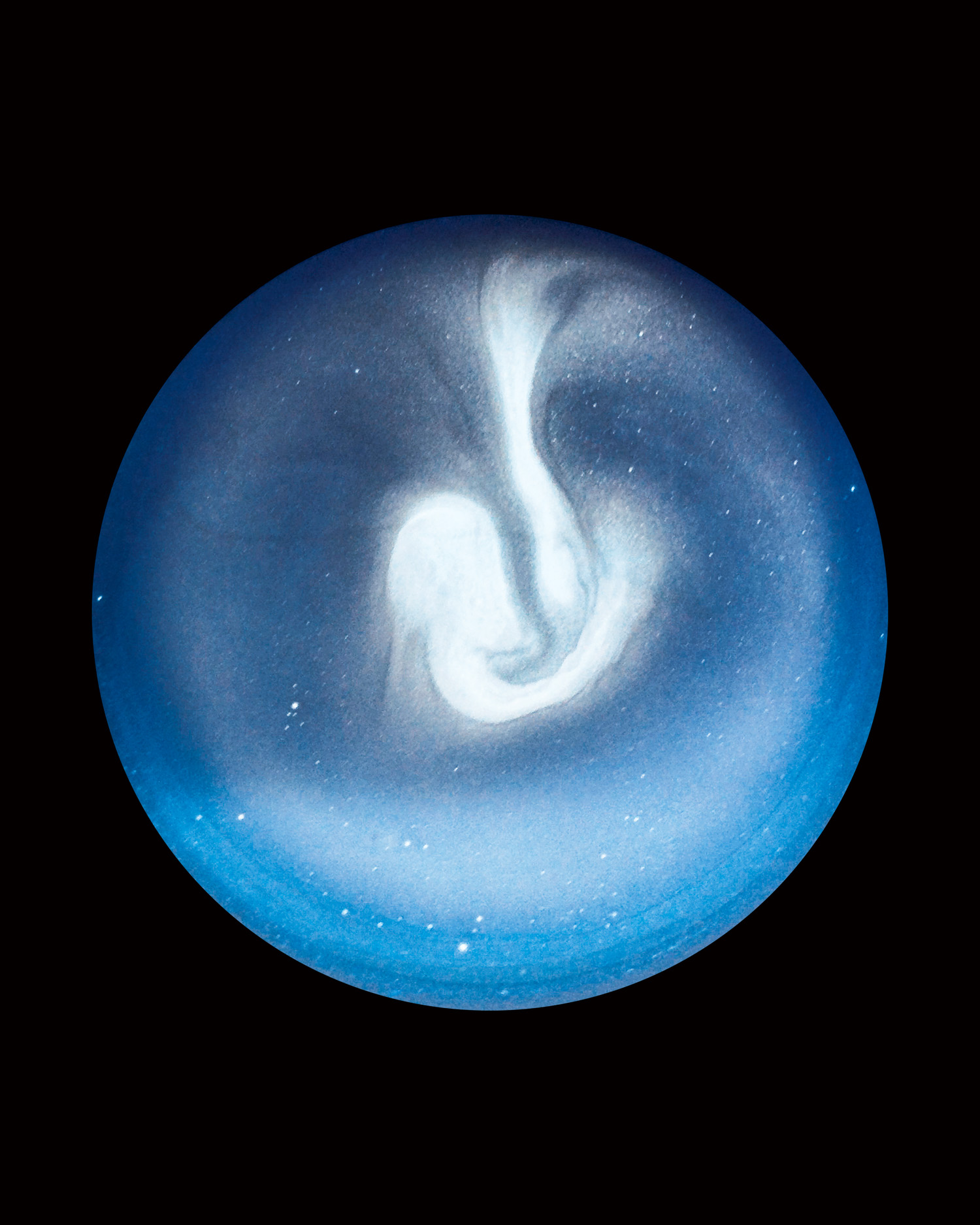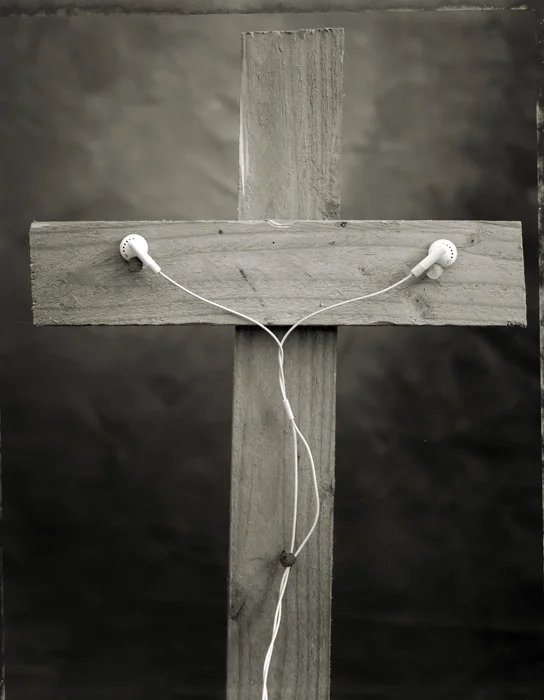These images are made from expired Polaroid film without exposure by a variety of processing techniques. Prints are approximately 24 x 30” archival pigment prints on fiber paper and printed in an edition of 9.
Michel Foucault, a French historian whose writings were philosophical, regarded the term “episteme” as indicating a basis for all possible knowledge and discourses for a particular era. Vilem Flusser, in his Toward A Philosophy of Photography defined the episteme of the camera as an “apparatus,” something through which possibilities are programmed, predicted, limited and thoroughly redundant. My use of the term episteme for this series is an attempt to define the realm of possibilities and dictates of the usually invisible or underplayed stratum of film. The Polaroid film, in itself, lends a tremendous amount to our understanding of objects we recognize. Because these prints result from film that was never exposed, they are representations of the capacities of the film rather than any outward objects.
June 2017
“In any given culture and at any given moment, there is always only one episteme that defines the conditions of possibility of all knowledge, whether expressed in a theory or silently invested in a practice.”
Michel Foucault, The Order of Things
"The sea was not a mask. No more was she.
The song and water were not medleyed sound
Even if what she sang was what she heard,
Since what she sang was uttered word by word.
It may be that in all her phrases stirred
The grinding water and the gasping wind;
But it was she and not the sea we heard."
Wallace Stevens, The Idea of Order at Key West
"The medium is the message"
"The Medium is the Massage"
Marshall McLuhan
































































